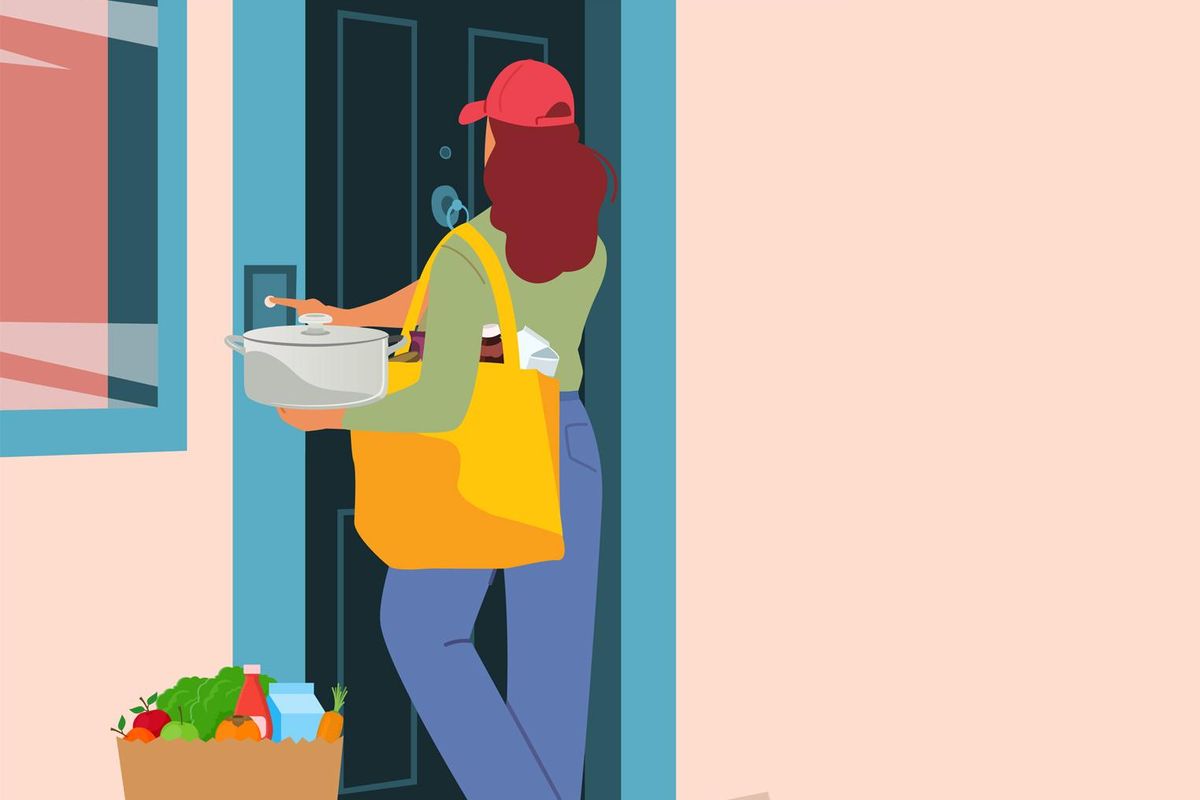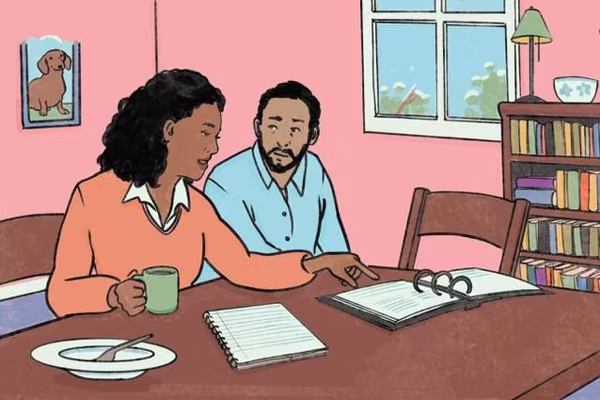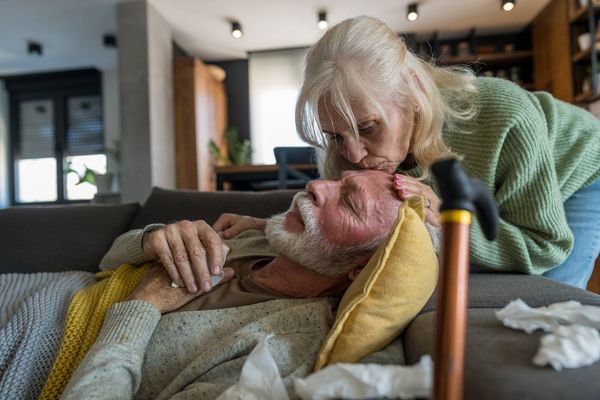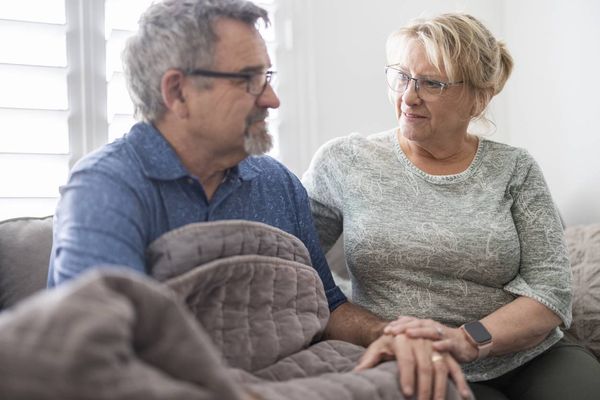Research shows that people with cancer need support from family and friends to better deal with challenges and to improve their quality of life. Here are some ways to support a person affected by cancer.
In 2022, an estimated 1.9 million people will be diagnosed with cancer in the United States and nearly 40% of women and men will be diagnosed with cancer during their lifetimes.
How can I support someone
Newly diagnosed or going through treatment?
Consider offering help with everyday tasks
- Set up a meal scheduling service like Meal Train in partnership with Magnolia to make it easy for people to bring meals. Nutrition is vital to cancer patients undergoing treatment. Meal Train provides a shared online calendar for family, friends and neighbors to schedule and organize meals for people affected by cancer.
- Create an online task calendar so family, friends and neighbors can sign up for visits and help with errands like grocery shopping, lawn care, picking up prescriptions and walking the dog.
- Schedule a cleaning service. Some organizations offer free or reduced-cost cleaning services to cancer patients.
- Volunteer to babysit and/or research childcare assistance for cancer patients.
- Secure transportation to and from appointments. Offer to drive to and from appointments. Local organizations can help set up rides and some organizations, including Mercy Medical Angels, offer gas cards, bus tickets and even airfare for treatment-related travel.
As a caregiver?
Meal Train is a registered trademark of Meal Train LLC.
Meal Train® in partnership with Magnolia is supported by Eisai.
HealthyWomen 2022
US2057
- Help research cancer doctors, medical facilities and treatment options based on insurance.
- Help create a list of questions and treatment goals to ask the doctor and volunteer to go along to appointments and take notes.
- Start a binder (or dedicate a drawer) to organize important documents and information about test results, insurance matters, treatment options, etc.
- The end of cancer treatment can bring up a mix of emotions and is different for everyone.
- Listen, ask your loved one how you can support them and don’t judge.
- Send fruit, flowers, meals or cards after the initial flood of support stops.
- Continue to schedule meals using a service like Meal Train until the person with cancer and their loved ones feel everything is back to normal. People affected by cancer, including the patient, the families and their loved ones, often feel overwhelmed and tired even after treatment is over.
- Plan an activity or offer to bring in take-out, rent a movie or do whatever they will enjoy if your loved one wants to stay in.
- Support the idea of getting help from professionals such as a social worker or therapist.
- Explore options for getting help with finances after cancer.
- Help plan and make other important financial and legal decisions by accessing resources like Magnolia Purpose in Planning.
Meal Train is a registered trademark of Meal Train LLC.
Meal Train® in partnership with Magnolia is supported by Eisai.
HealthyWomen 2022
US2057
From Your Site Articles
- Coordinate a Meal Train for Someone Battling Breast Cancer ... ›
- How to Care for Someone Living With Breast Cancer - HealthyWomen ›
- How to Help a Friend or Family Member Who Is Battling Breast Cancer - HealthyWomen ›
- Do You Know Someone Who Has Cancer? Here’s How You Can Help. - HealthyWomen ›
Related Articles Around the Web






